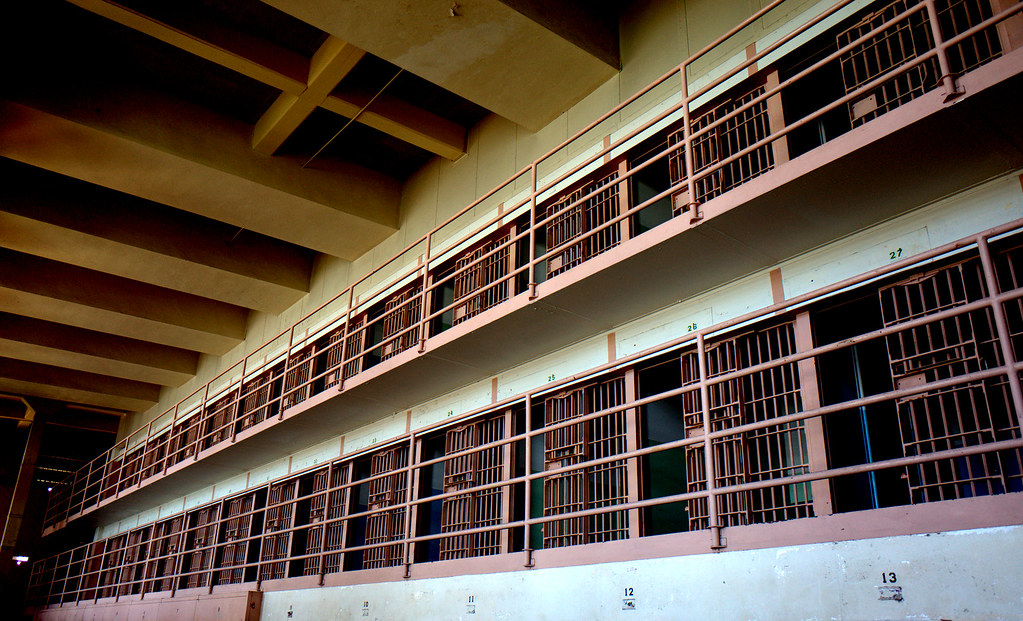Elon Musk buying Twitter displays the incredible power – economic, political, and social – wielded by the super-rich. Did they earn their place?
In 1998, Charles Kushner donated 2.5 million dollars to Harvard. In 1999, his son Jared – apparently with mediocre grades and mediocre test scores – started college there. At 19, he served as a corporate vice president – within the umbrella of his father’s company. He is now worth several hundred million dollars. Jared Kushner, one might argue, did not achieve financial success based on merit but was largely the beneficiary of parental largesse. What about Jeffrey Bezos, the founder of Amazon? His family was less wealthy, his personal academic skills more apparent. Did he deserve to go to Princeton? Does he deserve his fortune of over 100 billion dollars? These are extreme examples. Take a studious college student who, when everyone else was drinking, would study. Do they deserve to go to medical school?
Meritocracy is a political and economic system that aims to award people based on personal merit (e.g., skill, talent, and diligence).
The United States is, ostensibly, meritocratic. One question to ask is whether this is a good way to organize society.
Merit has some obvious advantages. Given any societally important job – plumber, teacher, nurse, construction worker, artist – there are benefits to having people good at that job do that job. Similarly, internal to the logic of a market economy, companies should want capable, talented people fulfilling specific roles. Although we should not assume that compensation is a metric of the societal value of a position, nor that meritocracy automatically serves the public interest. The ethicist Michael Sandel contrasts the poorly compensated high school teacher with the successful meth dealer. Likewise, it is in the economic interest of ExxonMobil to hire excellent lawyers, but perhaps not in the public good.
There are then broader considerations of what kind of merit should be rewarded in a society. Is it purely about the capacity to deliver shareholder value, or do we want a society that awards moral virtues like kindness, justice, and compassion as well? Meritocracy is also challenging to implement.
How does one construct an effective meritocracy that prevents the caprices and injustices of society from interfering in the assessment of effort and achievement?
The concern is especially acute as it is in the personal and family interest of those who succeed to attempt to warp and distort that system to secure further success. Many would deny the United States is a functioning meritocracy at all. Would Jared Kushner have achieved his level of personal financial success if he had been from a poor family in a hollowed-out mining town?
But there is a different question to ask about meritocracy, regardless of how well it happens to be functioning. Do those who succeed in a meritocratic system deserve their success? In a widely circulated tweet, political scientist Sarah Liu asserted: “Academics who announce their accomplishments should disclose their privileges. Do you come from an academic family? Are you white? Are you a man? Are you straight? Are you cis-gender? Are you able-bodied? Are you a citizen of where you work? All of the above?”
Liu is making at least one obvious mistake. As Elizabeth Williams recently argued here, privilege is not about some set of personal checkboxes, but about structural injustices.
We can accept that racism is a societal factor that, on average, benefits white people and harms those of other races without taking it to be the determining factor in the life of every white person and every black person.
But let’s follow Liu’s logic for the moment. If society eliminated problems of wealth inequality, racism, sexism, homophobia, transphobia, and ableism, would success then be earned? Presumably not, for we can always extend the list. Did people come from family money, go to a private school, have fortunate mentorship? Alternatively, do they struggle with mental health, family responsibilities, or just straight-up bad luck?
What about intelligence, hard work, and diligence? Can we claim credit for these? Hardly.
Our natural gifts are as arbitrary as parental wealth. One does not deserve to be smart, good-looking, or even hard working – they simply are.
It does not matter whether or not these traits are genetic, or if they are a result of good schooling and parenting. In no case are they truly self-made. Iterated out, while choices may matter, everyone’s life is impacted by a thousand and one things that they had no control over. Ultimately, our success is not our own, but due to our family, our friends, our colleagues, institutional support, and just plain luck. If we accept such logic, what are the implications?
It does not tell us whether meritocracy is a good or bad system of political organization. Awarding merit may be instrumentally valuable, and far preferable to aristocracy or nepotism. One still can judge Kushner’s success a failure of meritocracy. What the above argument denies is that anyone “deserves” anything based on their merit, for ultimately that merit itself stems from good fortune. And if we deny the position that there is an inherent logic such that the successful deserve their success, we can think more clear-headedly about meritocracy and what we, as a society, want it to do for us. Do we want the studious college student to be able to attend medical school? Do we want billionaires to run Twitter?


